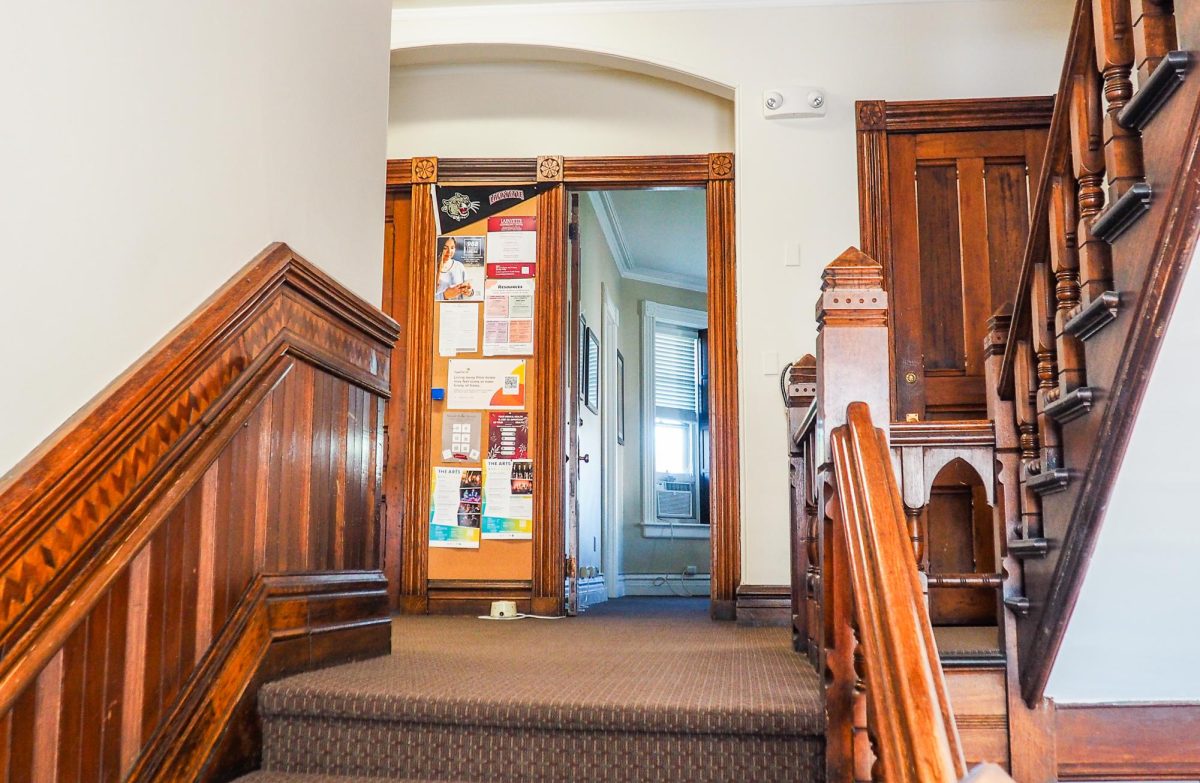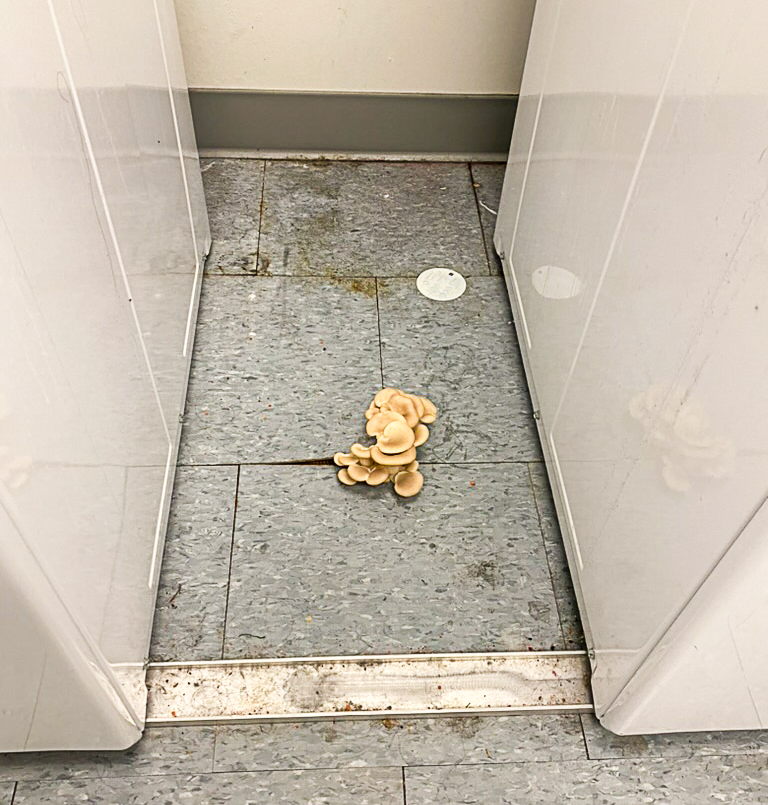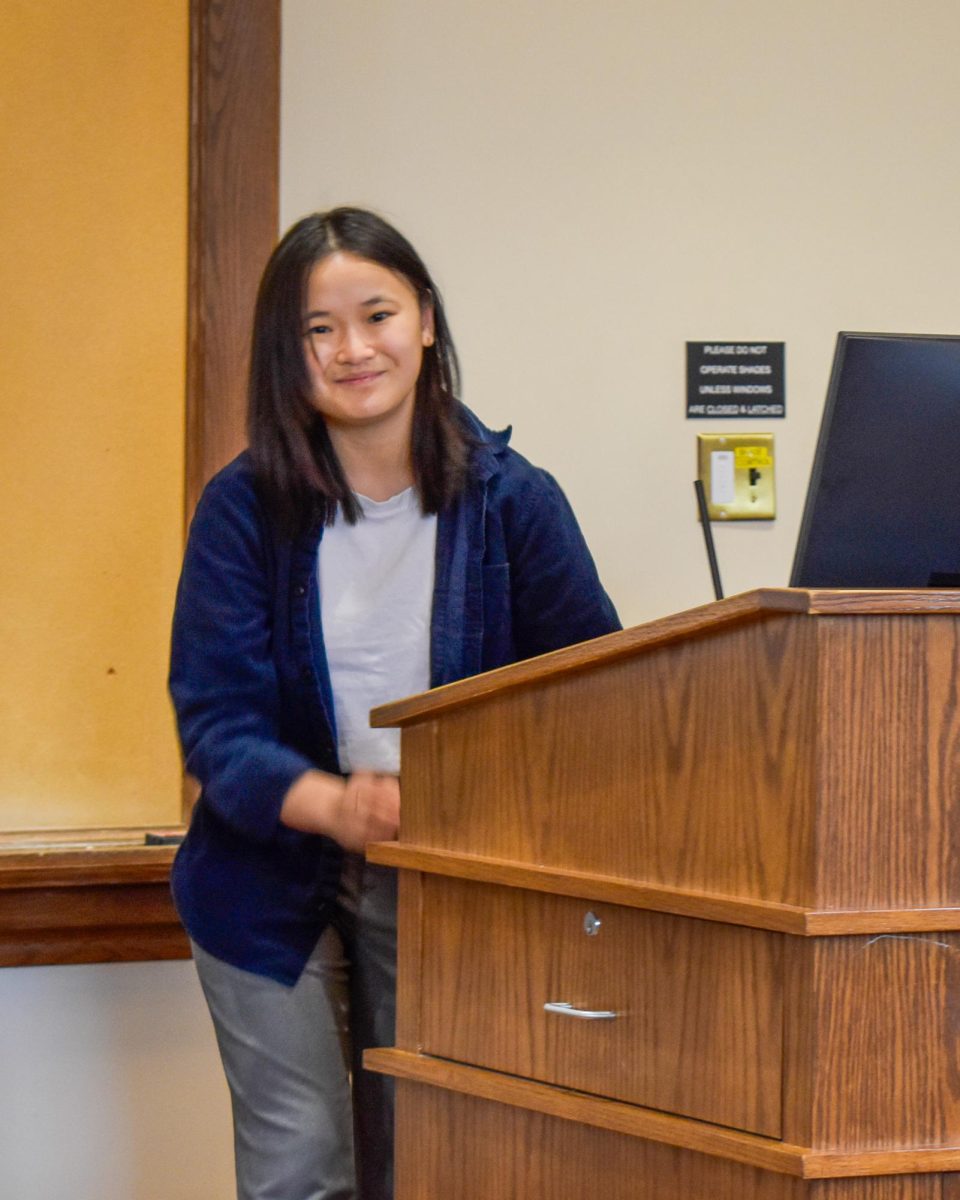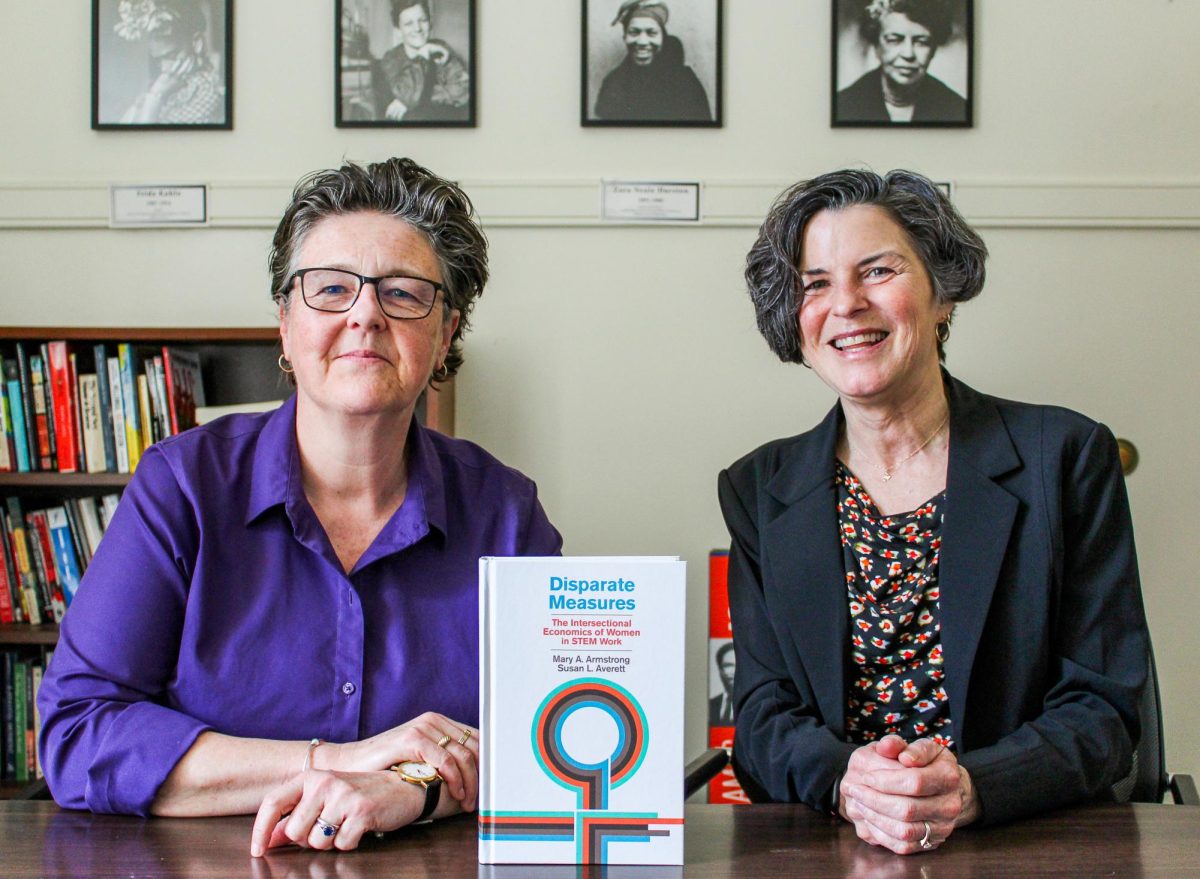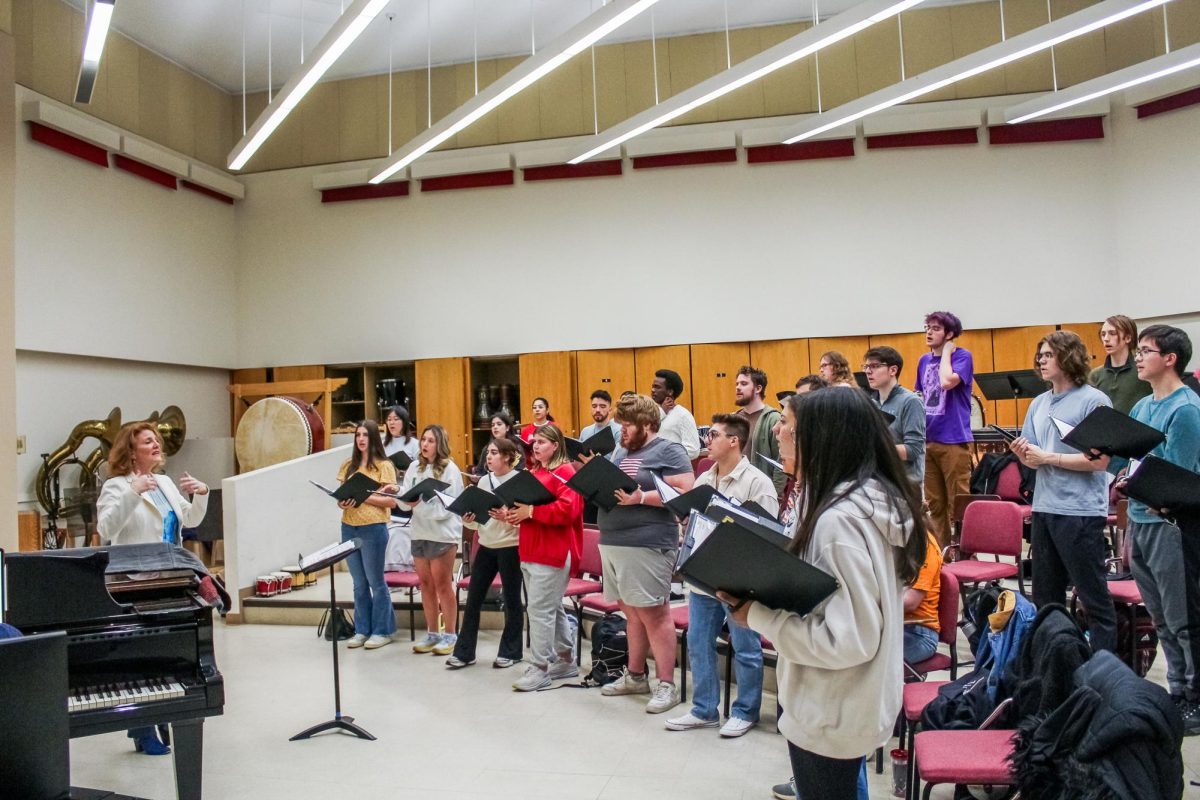65 reported cases of the flu on campus
The sounds of sniffles, robust coughs and congested breaths can be heard throughout campus these days. Forget measles or Ebola. If a student is sick, the most likely culprit is that old standby: the flu.
Sixty-five cases of influenza were confirmed at Lafayette College since students returned from winter break. Lafayette usually experiences 50-75 cases of the flu for the entire season, but this number is expected to be exceeded this year.
The flu has peaked or is close to peaking outside the boundaries of the college. Due to the close quarters of campus life, however, influenza cases are still on the rise on College Hill, according to Director of Health Services Dr. Jeffrey E. Goldstein.
“It may be best to act a little germ-phobic in the coming weeks,” Goldstein said. “The disease is airborne, which makes it extremely contagious. It is best to practice cough etiquette, remain distant from those who are sick, and wipe down bathroom sinks and even toilets after use.”
Allie Nagurney ‘16 was diagnosed with the flu this season. Although she received the flu shot in October, it proved ineffective.
“I was tired all the time, had a bad cough, and runny nose,” Nagurney said. “I also had the chills. My roommate didn’t have the flu shot and also got the flu.”
The Center for Disease Control and Prevention reports that this season’s flu vaccine offers an effectiveness rate of 23 percent. Last year’s vaccine had an effectiveness of 51 percent. The mismatch in the current flu virus, H3N2, and the vaccine has resulted in levels of influenza illness and influenza-like-illness that are above the national baseline.
Goldstein cautions students who have a roommate suffering from the flu to consider taking antiviral medication. Roommates are at a high risk of contracting the disease so antiviral medication can help to prevent the spread of the virus.
It is crucial to note that antiviral medications, although a feasible option for quickening the recovery process of the flu and aiding in prevention, are often expensive.
“The copay can range from $20-$100,” Goldstein said. “Therefore, some students opt to suffer through the flu rather than pay.”
Lafayette has had bad flu seasons in the past. When the flu pandemic of 2009-10 struck campus, over 300 Lafayette students were diagnosed with influenza. Goldstein met with the Office of the Provost that year to develop a protocol in which students with the flu were excused from class.
“We may have to consider this attendance protocol again,” Goldstein said. “We are nearing the numbers and it is most important to protect the students.”













